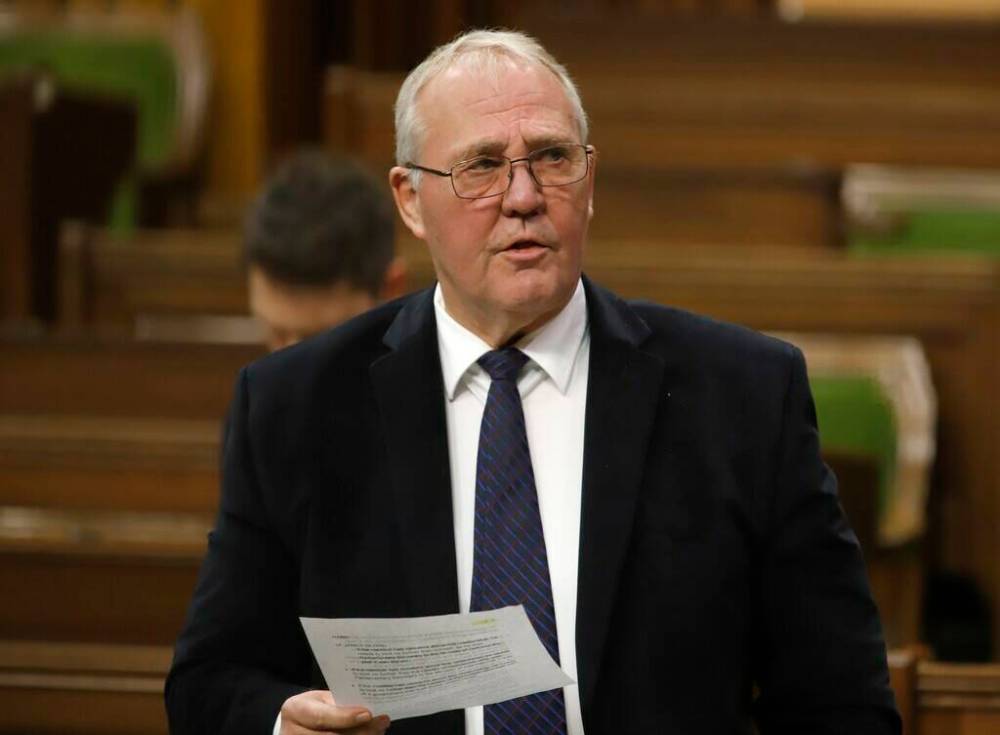Asking for help is only part of the solution
Read this article for free:
or
Already have an account? Log in here »
To continue reading, please subscribe:
Monthly Digital Subscription
$0 for the first 4 weeks*
- Enjoy unlimited reading on winnipegfreepress.com
- Read the E-Edition, our digital replica newspaper
- Access News Break, our award-winning app
- Play interactive puzzles
*No charge for 4 weeks then price increases to the regular rate of $19.00 plus GST every four weeks. Offer available to new and qualified returning subscribers only. Cancel any time.
Monthly Digital Subscription
$4.75/week*
- Enjoy unlimited reading on winnipegfreepress.com
- Read the E-Edition, our digital replica newspaper
- Access News Break, our award-winning app
- Play interactive puzzles
*Billed as $19 plus GST every four weeks. Cancel any time.
To continue reading, please subscribe:
Add Free Press access to your Brandon Sun subscription for only an additional
$1 for the first 4 weeks*
*Your next subscription payment will increase by $1.00 and you will be charged $16.99 plus GST for four weeks. After four weeks, your payment will increase to $23.99 plus GST every four weeks.
Read unlimited articles for free today:
or
Already have an account? Log in here »
Hey there, time traveller!
This article was published 14/12/2021 (1460 days ago), so information in it may no longer be current.
With its announcement Monday that it has requested immediate, urgent assistance from the federal government in the form of a temporary airlift of intensive-care unit nurses to support Manitoba’s overburdened critical-care facilities, the provincial government has indicated its awareness that it is once again losing control of its COVID-19 response.
As difficult as it may have been to state it publicly, it is an important admission to have made. As the latest wave of COVID-19-infected patients makes its way into the province’s ICUs, the available roster of local nurses with the necessary critical-care skills is not sufficient to handle the daunting task at hand.
Hopefully, federal Minister of Emergency Preparedness Bill Blair will look favourably on Manitoba’s request and, if there really does exist a reserve force of ICU nurses who are available and ready to move, help might soon be on the way.
Even if it does arrive, such assistance might not be enough to prevent the province from having to resume the transport of critically ill patients to other provinces as the new Omicron-fuelled wave continues to swell. But perhaps the added ICU support will allow some local nurses to return to their customary duties, thereby limiting the impact of the latest COVID-19 crisis on the rest of the health-care system.
Securing federal assistance, however, would be only part of what Manitoba needs to do in response to the current pandemic strain. The other crucial element of the virus-mitigation effort requires the provincial government to commit fully to something it has shown only reluctance toward to date: enforcement of public-health orders, particularly in areas in which vaccination rates are lowest and defiance of restrictions on gatherings and requirements for mask use and proof of vaccination in public places is rampant.
“It’s very sensitive,” is how Justice Minister Cameron Friesen responded last week to a question regarding provincial enforcement efforts in relation to reports of large groups of unmasked and presumably unvaccinated individuals taking part in clandestine religious services in farm sheds and barns.
Mr. Friesen added that the government in which he serves is “also trying to send the message that we know how important it is for people to gather to meet their spiritual needs.”
On Tuesday, Premier Heather Stefanson declined to answer direct questions about enforcement, pivoting instead to a statement about access to rapid tests.
With all due respect to the premier’s deflections and the justice minister’s regard for the significance of faith, and the communities that share and support it, to Manitobans, the most pressing issue for this government is protecting the lives and health of the province’s population in the midst of a resurgent crisis.

And given the current burden on hospitals and ICUs, and the unvaccinated constituency that is largely responsible for the system’s brink-of-collapse status, it’s time for the department in charge of the province’s laws to ensure they’re being enforced.
In his previous cabinet posting as health minister, Mr. Friesen famously chastised doctors who penned an open letter calling on the government to take immediate action to limit the impact of the second pandemic wave. “The people in charge have got this,” he insisted, mere days before caseloads rose to unprecedented levels.
In the context of the current upsurge in COVID-19 case numbers, Mr. Friesen’s deference to the group-gathering wants and needs of specific faith communities is misplaced. What truly is “very sensitive” at the moment is the integrity of Manitoba’s health-care system. For the justice minister, protecting it by using all the enforcement tools at his disposal is Job One.






